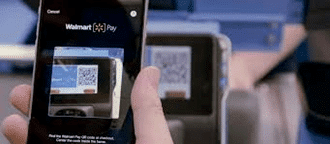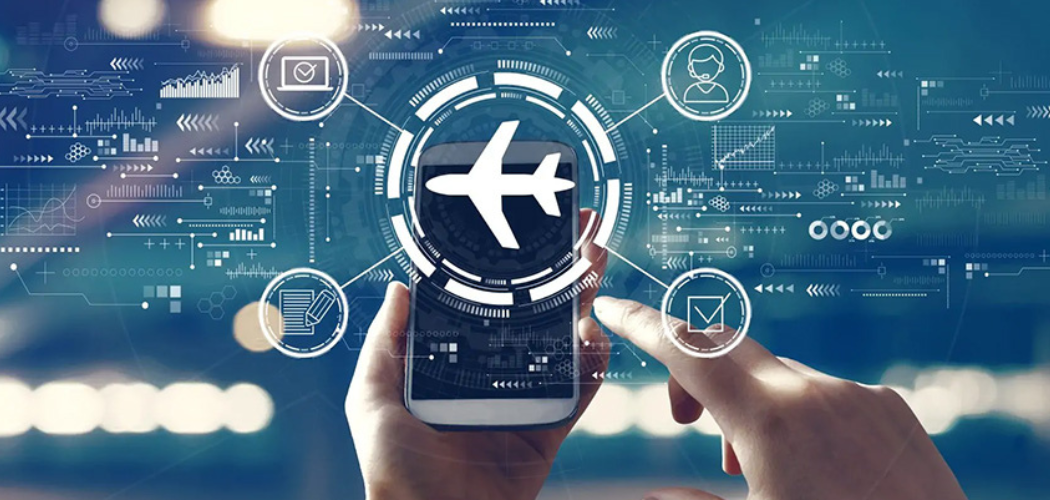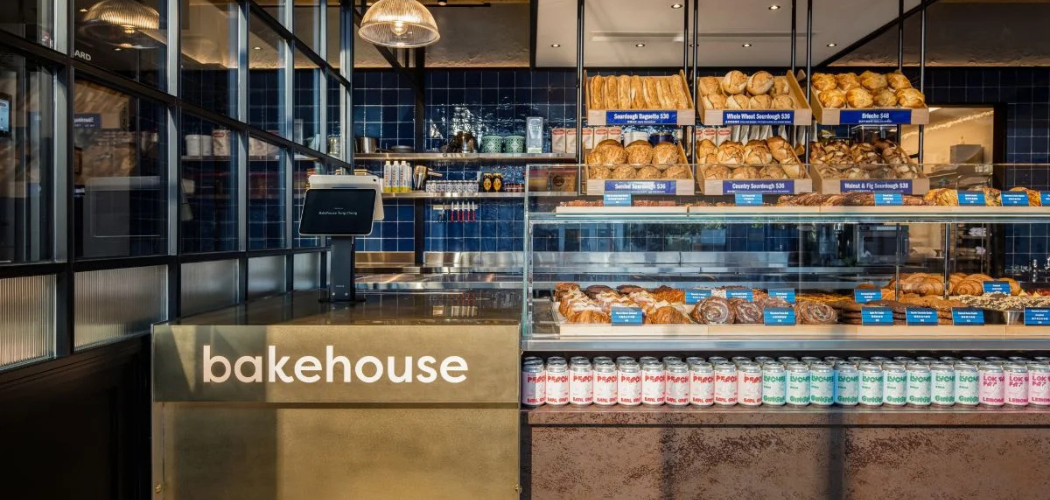Curbside pickup and contactless handoff have surged around the world. Find out how retailers can evolve their contactless experiences to create contactless loyalty.
In the retail world, consumer behavior has drastically changed.
Brick-and-mortar stores have historically been an anchor for fostering strong customer relationships. But thanks to COVID-19 lockdowns and business closures, in-person interactions have been limited and now people have been looking for new ways to shop and engage.
Technologies such as contactless payments, and techniques like using retail stores as fulfilment centers for deliveries, were once thought futuristic, yet the pandemic has made them commonplace. As these novelties become conventional, they also become rote. Brands need to find new ways to delight customers and make these experiences stand out.
By: Chris Eberle
Changing Consumer Behavior
- Curbside pickup is extremely popular around the world right now and the most popular method for receiving goods, with delivery and in-store pickup close behind.
- According to Epsilon’s report, Consumer Sentiment during COVID-19, 61% of consumers are very likely to repurchase groceries online for pickup, while 56% are very likely to repurchase online for delivery and 53% would use Amazon for a repeat grocery purchase.
- The report also shows that Amazon continues to be the top retailer, followed by mass merchandisers, dollar stores, gardening and outdoor retailers, and Costco.
- Curbside pickup has proliferated even more amid safety concerns, extending from grocery pickups to curbside pet grooming at PetSmart.
[DOWNLOAD REPORT: CONSUMER SENTIMENT DURING COVID-19]
As the world becomes increasingly contactless, retailers must focus on building loyalty. Competitive brands will optimize the proliferation of contactless experiences to build human connections and engender loyalty. Retail marketers should work to evolve from contactless experiences to contactless loyalty.
What is Contactless Loyalty?
Contactless loyalty is the act of creating long-lasting connections with your customers and keeping them coming back to your brand — even when human contact is limited.
Think beyond short-term changes. Other brands are already using contact-free delivery, curbside pickup, and contactless payments. But how do you add a human element to create stronger connections within those programs? Evolving your strategy will improve customer experiences and build brand affinity.
Who’s doing it well?
Walmart understands their consumers’ path to purchase and leverages contactless payments to streamline consumer experience and build loyalty. Instead of touching a screen on self-checkouts or payment processors, customers can scan a QR code using their smartphone to sync Walmart Pay for contact-free in-store payments.

Contactless payments like this use one-time tokens for each transaction, which is the same type of protection you get when inserting your card into a chip reader. The process is faster than traditional payments, with the added activation security of PIN passwords, fingerprints, or facial recognition.
These initiatives address the customers’ emotional needs around choice, cleanliness, convenience, and safety.
4 Tips for Retailers: How to Begin Building Contactless Loyalty
On your journey toward creating Contactless Loyalty, here are some ideas to make strong, emotional connections with your retail customers:
- Reduce contact as much as possible. Shopping is a very tactile process and safety still a top priority. Think of ways to showroom larger products to buy online and expedite the checkout experience in-store and ensure your loyalty communications are driving awareness of the extra steps the brand is taking.
- Promote your other methods for ordering and pickup, especially since customers are already adopting these behaviors. Think about all touchpoints — from ordering online to delivery or pickup. The technology should be seamless and easy to use, and you should clearly communicate the steps of interaction with customers. For loyalty program members consider offering soft benefits: early/extended pickup, expedited check-out, enhanced returns, or free/discounted shipping.
- Make sure you’re managing inventory and resources. With customers making fewer trips to stores, having their items available is critical. Use your loyalty and POS data to ensure headcount and inventory are available at throughout key shopping periods. Your employees should be trained and adequately staffed to ensure your loyal customers have the best contactless experience possible.
- Bring in-store pickup to the forefront of your online shopping channels and provide flexible options and clear directions for pickup. Use updated signage, and consider heightening experiences with allocated parking spots, dedicated phone numbers to call or text, and delivery straight to your customers’ trunks. Since most retailers now offer pickup options, you need to make sure that your experience is streamlined, builds loyalty, and positions your brand as your loyal customers’ first choice.
Building contactless loyalty is an urgent priority for retailers, but it doesn’t have to be a huge dilemma. Using the steps above, retailers can easily go above and beyond their competitors, creating a contactless offering that promotes health and safety while retaining the all-important human touch.
Download our guide on “Contactless Loyalty: Building lasting connections in an increasingly contactless world” to learn more. We dive deeper into the concept of contactless loyalty, share more consumer trends, and explain more building blocks to create contactless loyalty.
Check out our articles on creating contactless loyalty in other industries:
- How Financial Service Brands Can Build Trust and Loyalty on a Foundation of Contactless Experiences
- For the Travel Industry, the New Destination is Contactless Loyalty
- How to Deliver Engaging Contactless Experiences While Gaining Guest Affinity
Chris Eberle is Manager, Strategic Consulting at Epsilon. He understands the complexity of the mar-tech landscape, as well as the myriad of data outputs generated across channels, and how the effective use of data and technology drive marketing, commerce, and brand loyalty.




